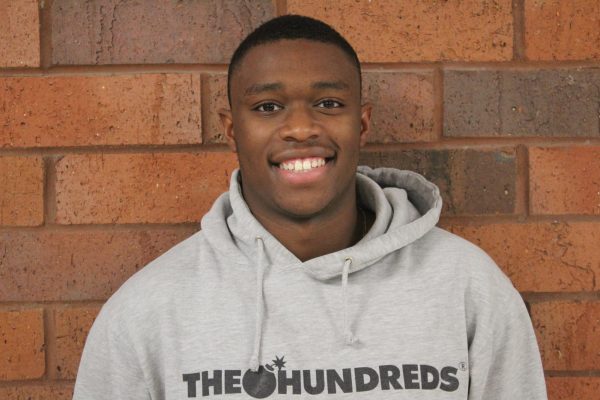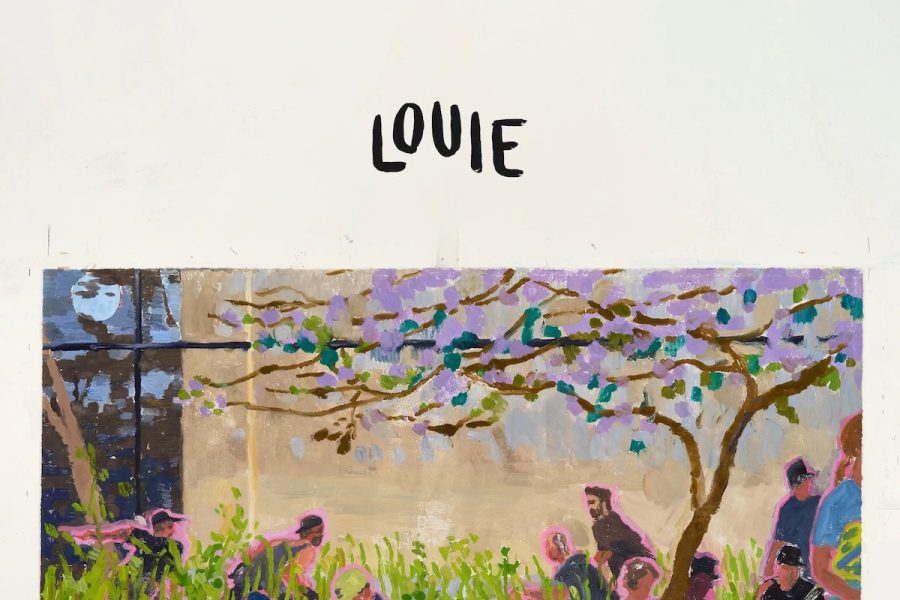Always been here: how Hip-hop producers became cool
The new trendsetters of Hip-hop have been here since the very beginning
Photo by XL Recordings
Its masterful production makes Kenny Beat’s “Louie” a standout from last year.
From its origin in the 1970s, hip-hop’s unsung heroes were always its DJs and its producers. Back when the rapper-producer combo as it’s known today was still the MC/DJ combo, the person behind the actual beats and production was never in the spotlight.
Immediately I think of Eric B. and Rakim, a legendary New York-based duo from the early days of hip-hop. In most of the videos for their songs, you can see Rakim, the MC getting most of the attention while Eric stands in the back spinning some turntables.
That’s a pretty good description of how the DJs and producers were viewed by most rap fans for a long time.
It was assumed that they were doing something important behind that table and you knew that they were crucial for making the music, but they didn’t have much of a stage presence.
Swagger and charisma were prerequisites for the MC, but they were hardly necessary for DJs. All their grunt work happened behind the scenes, arranging music, scouting samples, etc. After that, it was the MC’s job to present the project with style.
Even when producers did get some spotlight it always happened when they switched lanes and started rapping themselves à la Dr. Dre, Pharell Williams and Kanye West.
Other than that, it was very rare for a DJ or producer to reach the same level of fame as a rapper, but that seems to be changing.
This past year two prominent producers released their own solo projects. This isn’t the first time something like this has happened, but it highlights a change in direction for the industry.
The first one of note was made by producer Kenny Beats, real name Kenneth Charles Blume III, who released “Louie” a 17-track album made up mostly of instrumentals and samples, with a few vocal performances, most notable being from artists JPEGMAFIA and Remi Wolf.
Blume has openly described the album as being mainly about family, particularly focusing on his father’s cancer diagnosis.
Despite the presence of such a clear theme, there is very little in the way of lyrics to guide the listener along Blume’s train of thought, and at no point do we hear his voice in any musical capacity.
And while the artists who are featured on the album are phenomenal in their own right, this album begins and ends with its production, something that a successful hip-hop project couldn’t get away with until very recently.
On the completely opposite hemisphere of the rap world, you will find Metro Boomin, real name Leland Tyler Wayne. He’s a hip-hop producer who also released a project this past winter, with the title “Heroes and Villains.”
Unlike Blume, Wayne was not shy about packing the tracklist of his album with some of the biggest names in hip-hop.
With multiple appearances from Future, 21 Savage and Young Thug, and even some vocals from John Legend and The Weekend, it’s definitely a project riddled with star power.
But these are all stars Wayne has cultivated relationships with by helping them with their projects in the past.
Future and Thug have always welcomed his unique sound and he helped Savage cultivate the often ridiculed, flash in the pan that was his early career into a consistent, respectable discography.
So after years of helping them with their work, when he needed their help to make his own feature album, they came running to his side. The result is an expertly crafted collection of music that’s equal parts grim and theatrical.
Once again — while the list of superstars didn’t hurt — the crux of the project is its masterful production.
When the 2000s hit and producers took the place of DJs in the world of hip-hop, there was still a stigma surrounding them as being the less cool, but necessary part of making rap music.
This combined with the array of keyboards, buttons and background knowledge needed to be a good producer, made them come off a bit — for lack of a better word — nerdy.
They didn’t fit the cool, gangster persona put on by many hip-hop artists, which made it hard to market a producer as a stand-alone talent.
They were essential for an artist to develop their specific sound and musical identity, but producers didn’t have an identity of their own.
Even in the rare cases when prominent producers would release their own projects, it always felt tied to the rappers that performed on them. Think of DJ Drama’s part in Lil Wayne’s mixtape era back in the 2000s
In that case, while Drama’s fingerprints are all over those projects, they are still more associated with Lil Waye than anyone else.
Put a different way, producers never really felt like their own artists as much as they felt like a tool used by artists, but the likes of Kenny Beats and Metro Boomin have set about changing that, one album at a time.
With newfound popularity and visibility, it’s exciting to think about what hip-hop producers are about to bring to the genre.
Obadiya can be reached at [email protected]

Oludare is a fourth-year journalism student and this is his fifth semester on The Spectator. He likes watching basketball and is pretty mediocre at it, but that doesn't stop him from playing it. He has a small but growing record collection and believes Woody Harrelson is a style icon and national treasure — fact not opinion.


Flavio silva • Jul 26, 2023 at 5:29 pm
YGODOWN is a Singer/Songwriter of the Hip Hop music group known as 18KMusic that was founded in Jan 11, 2019. 18KMusic has four artists in the total.
YGODOWN